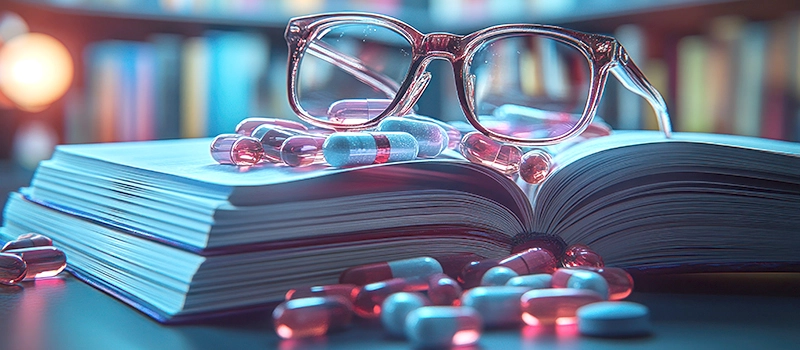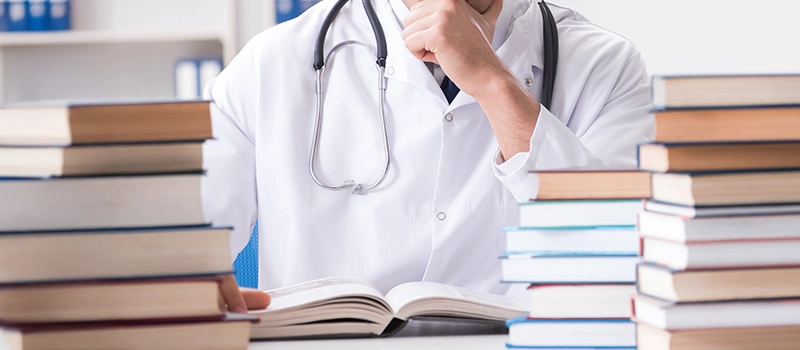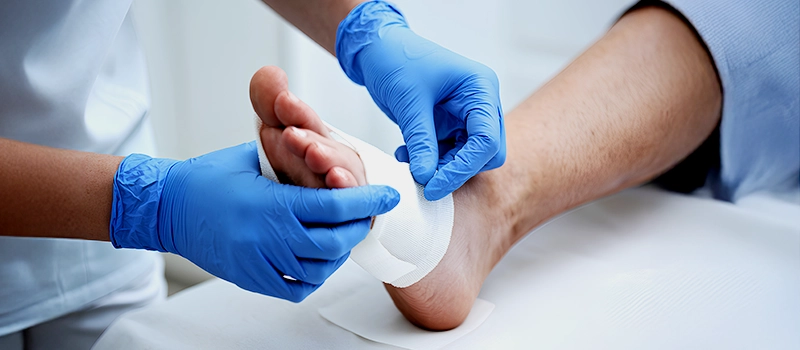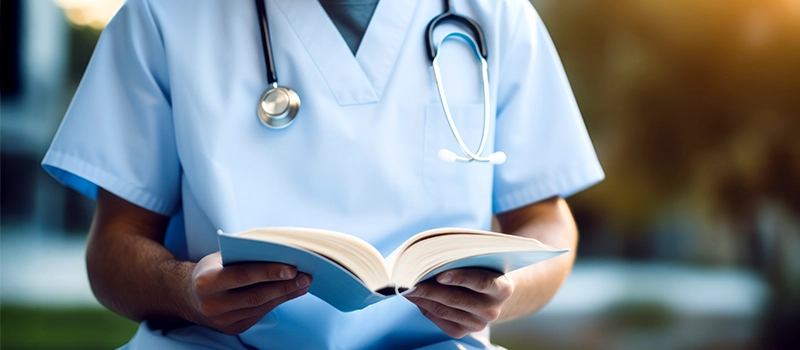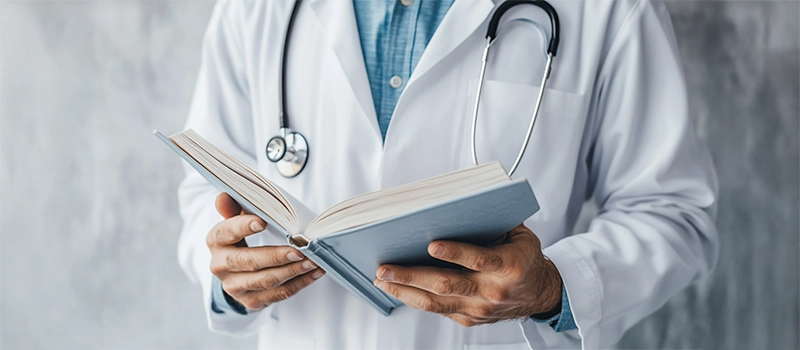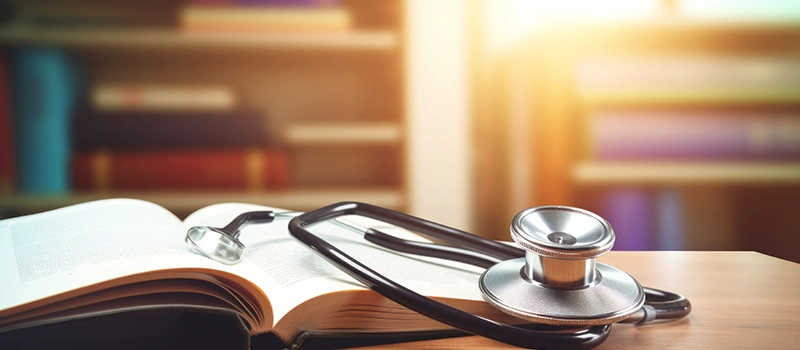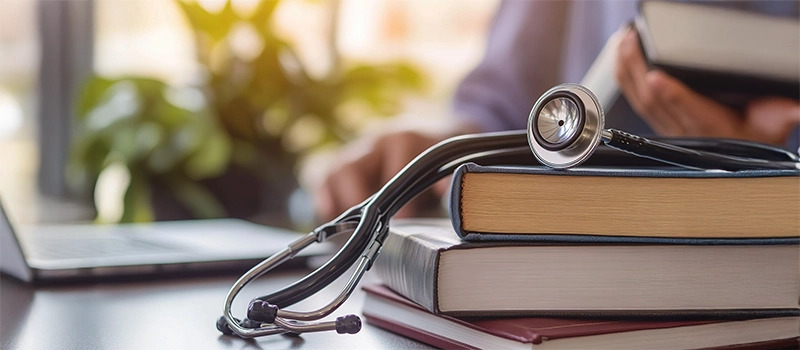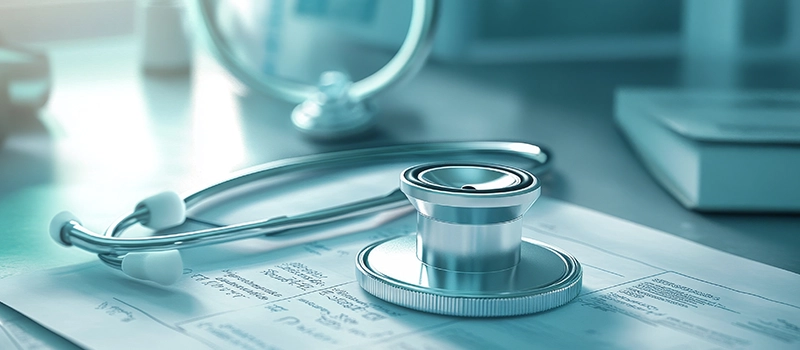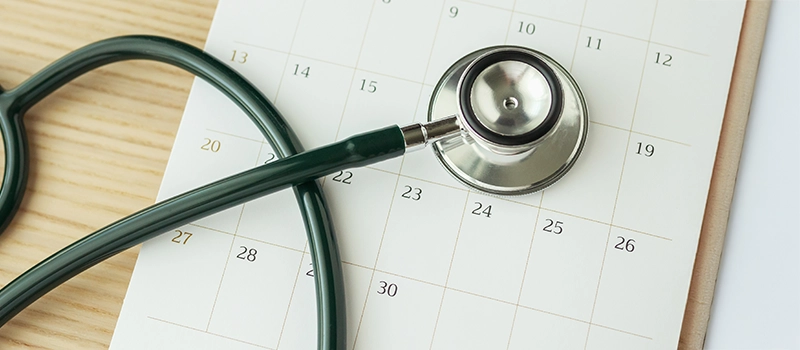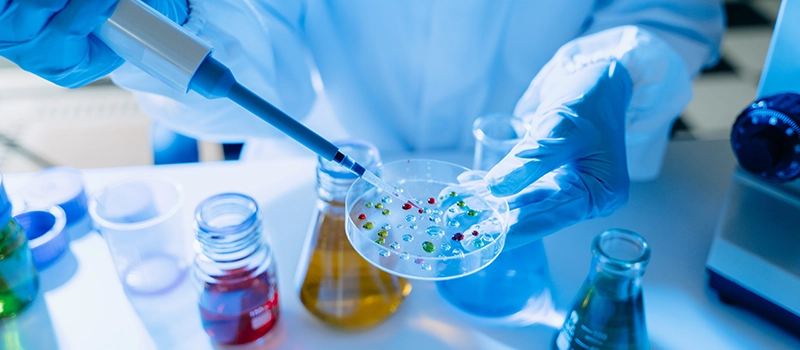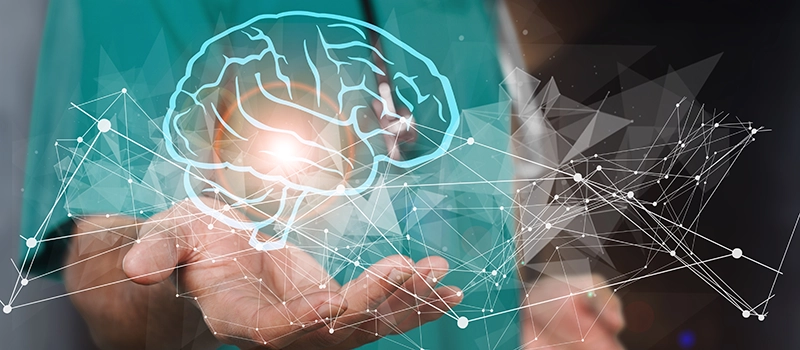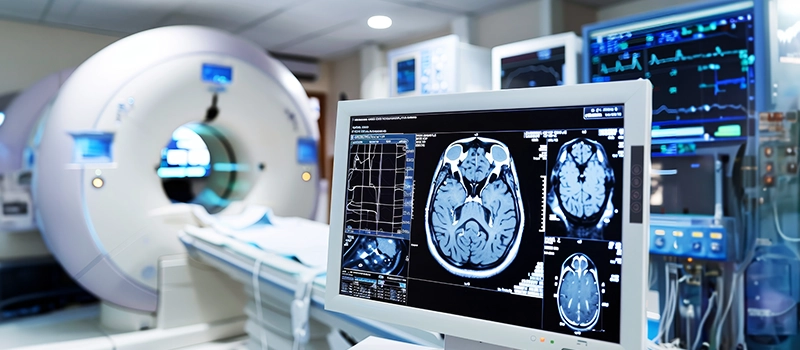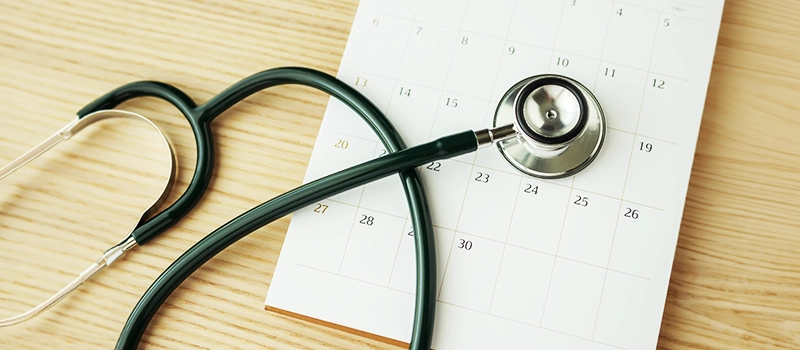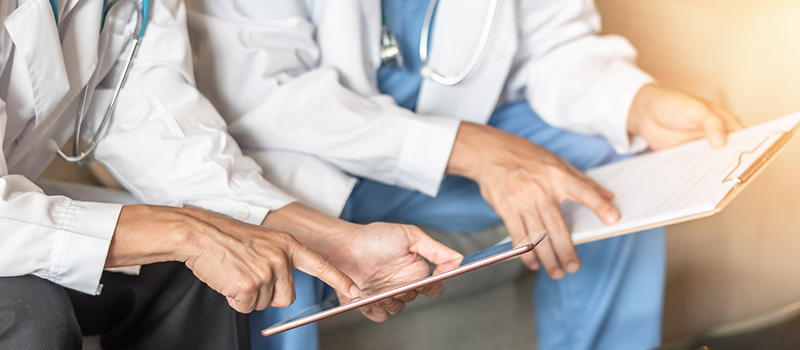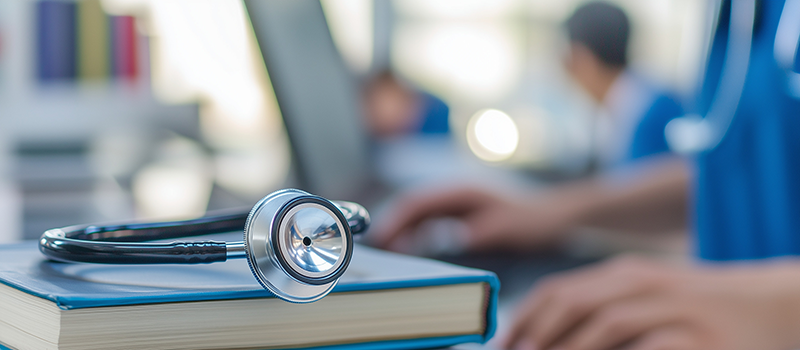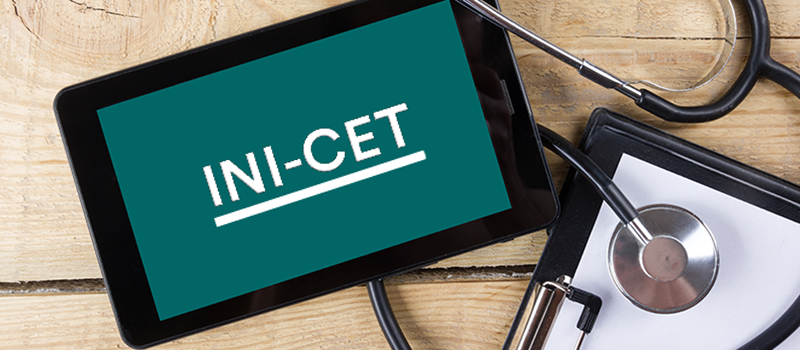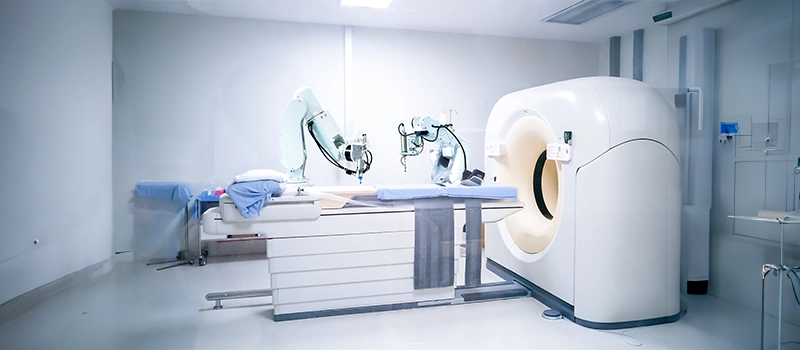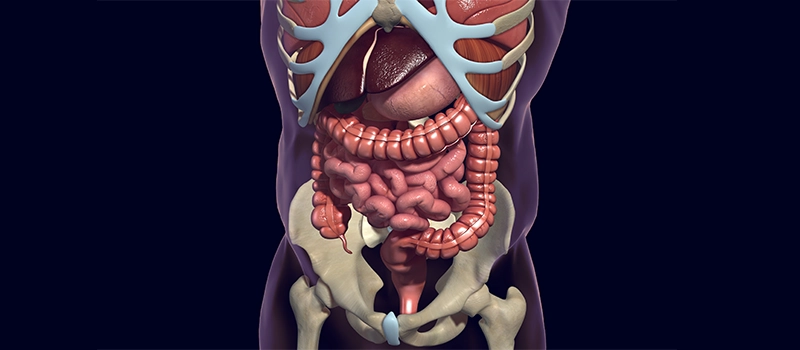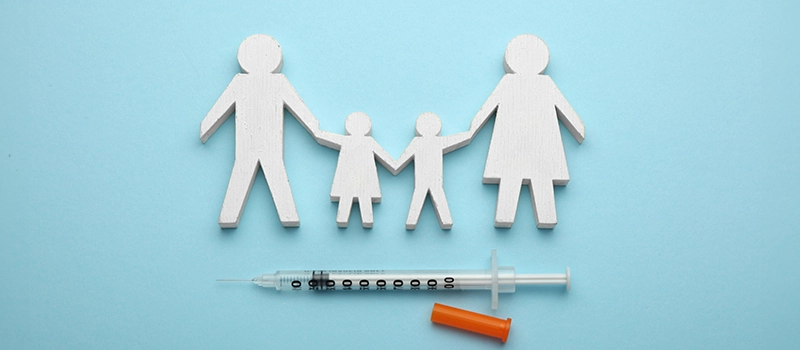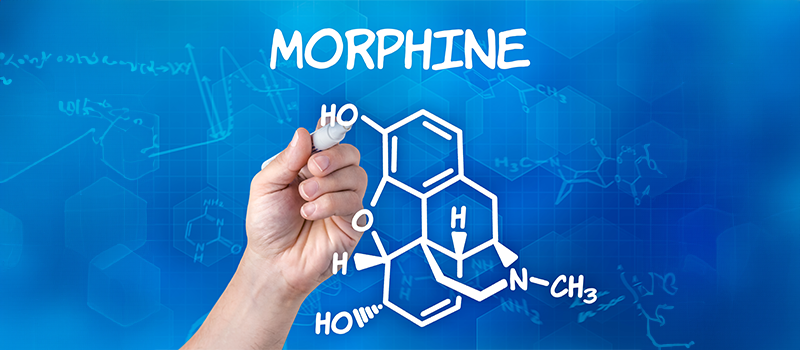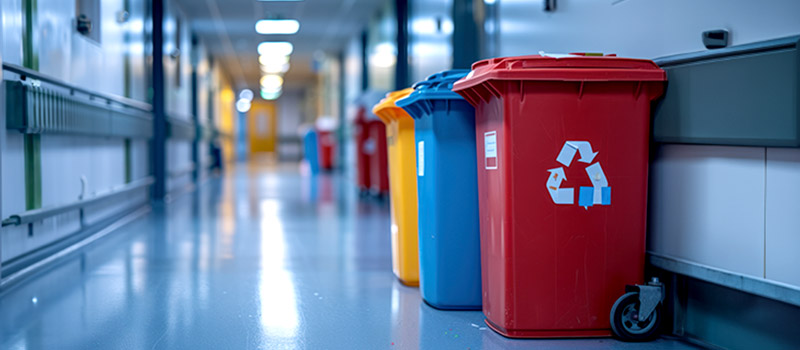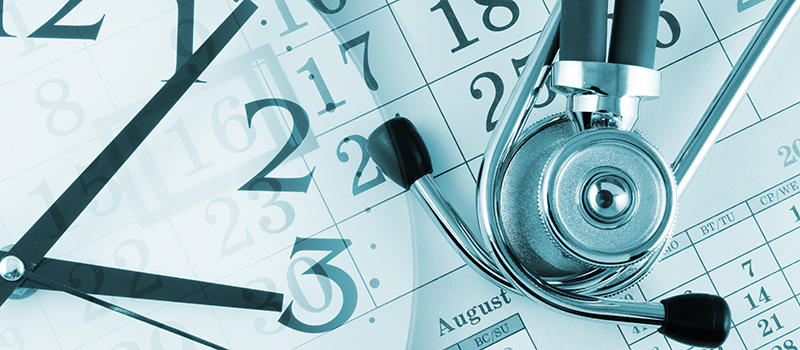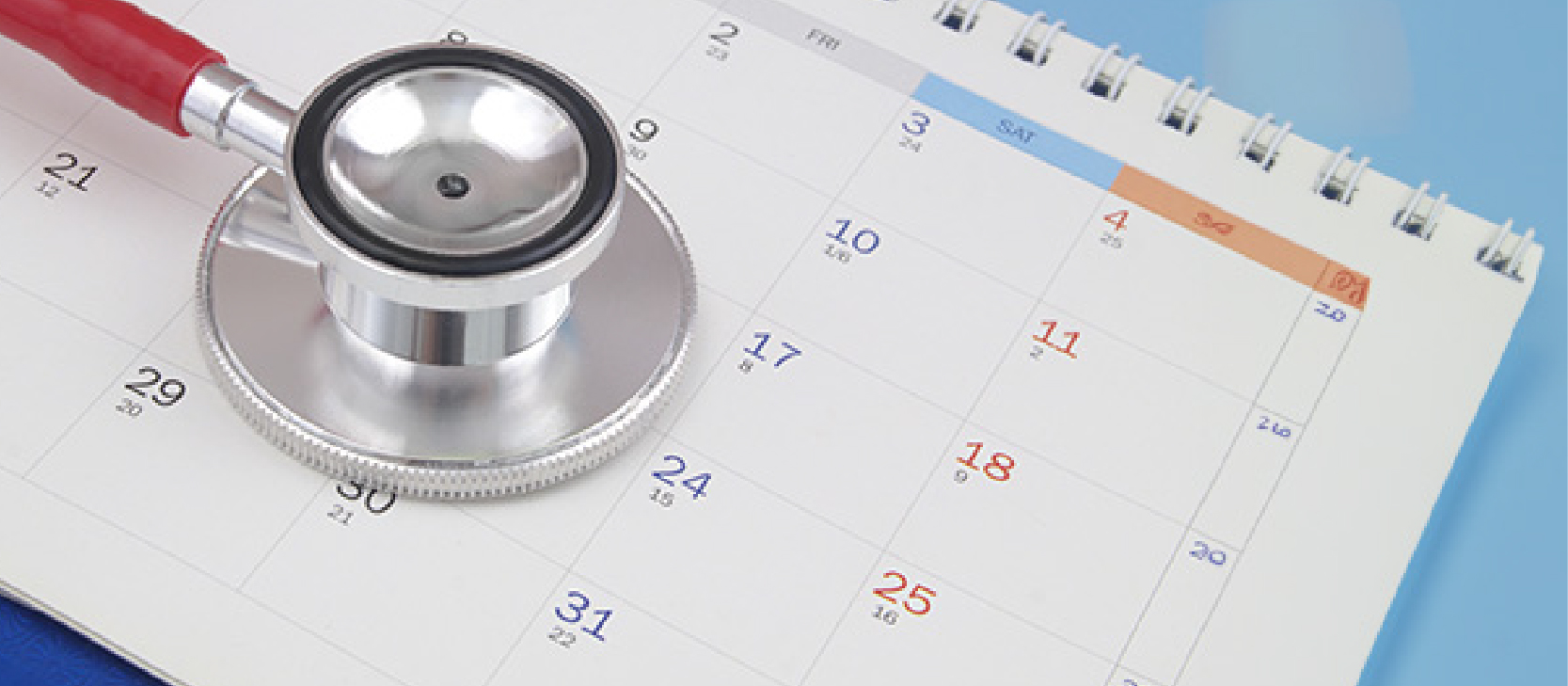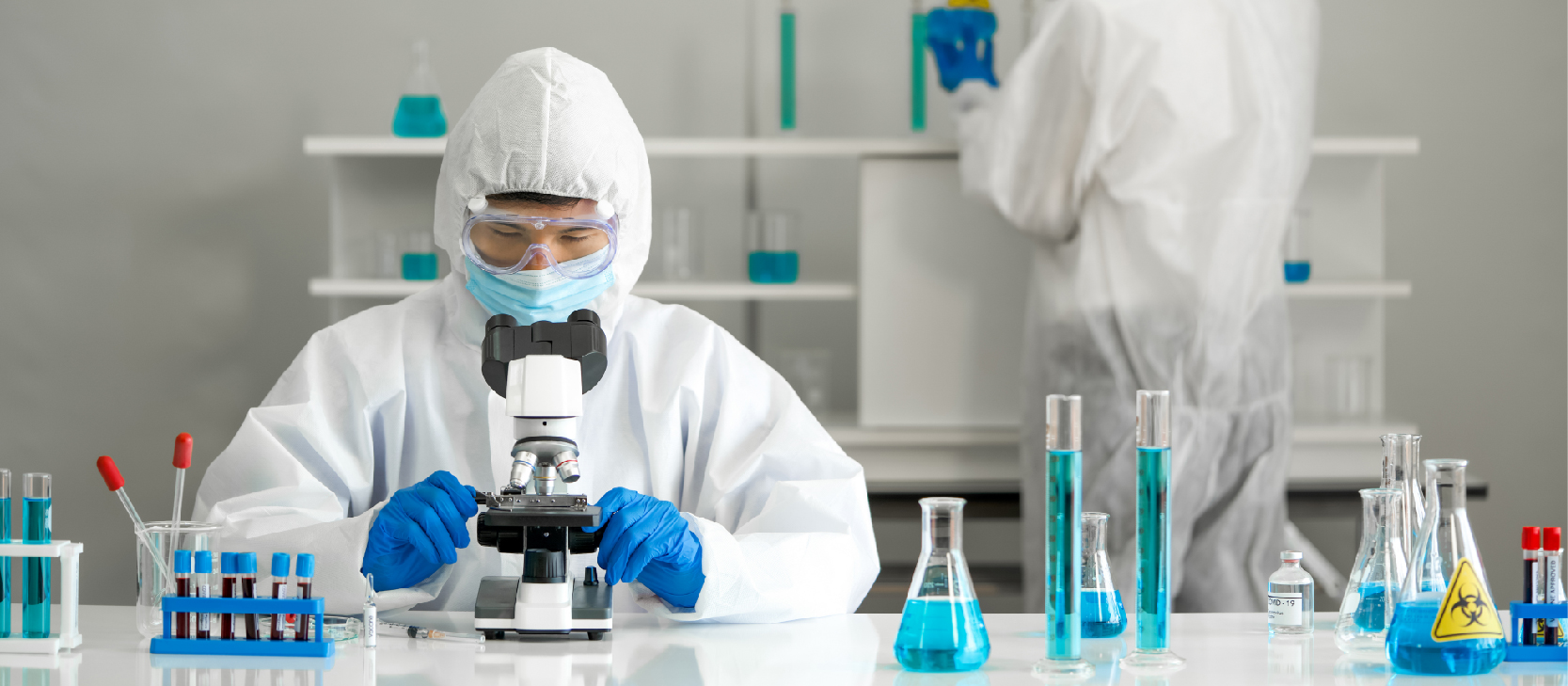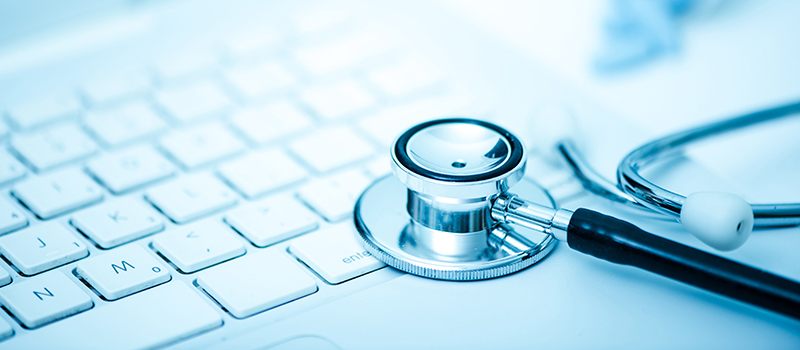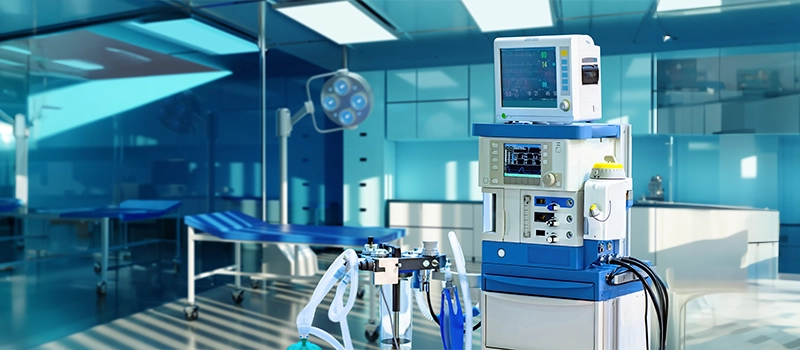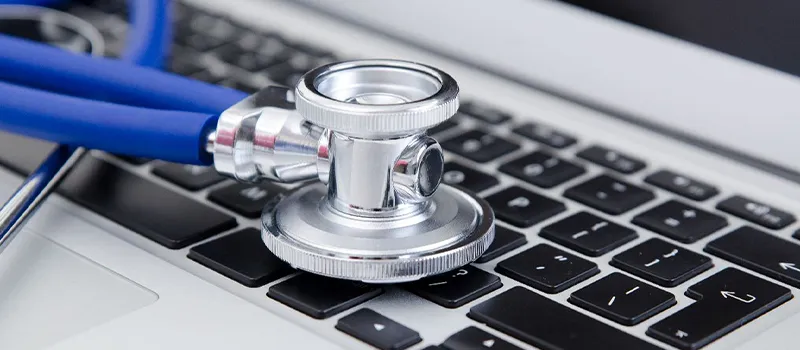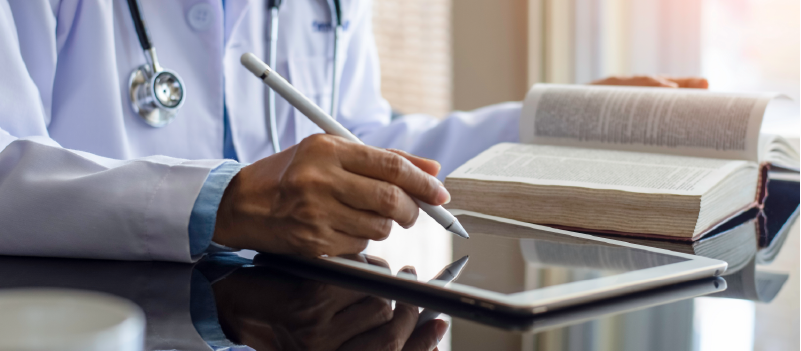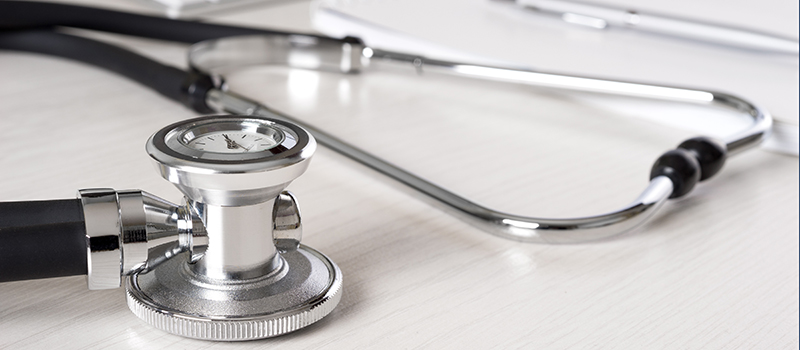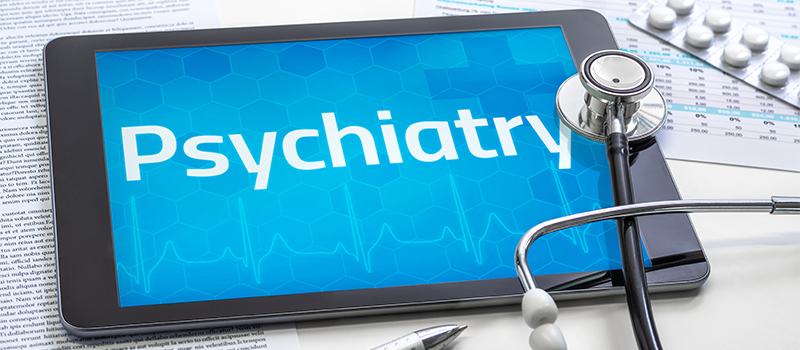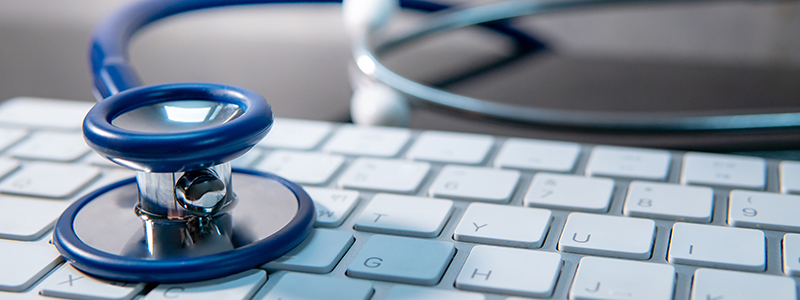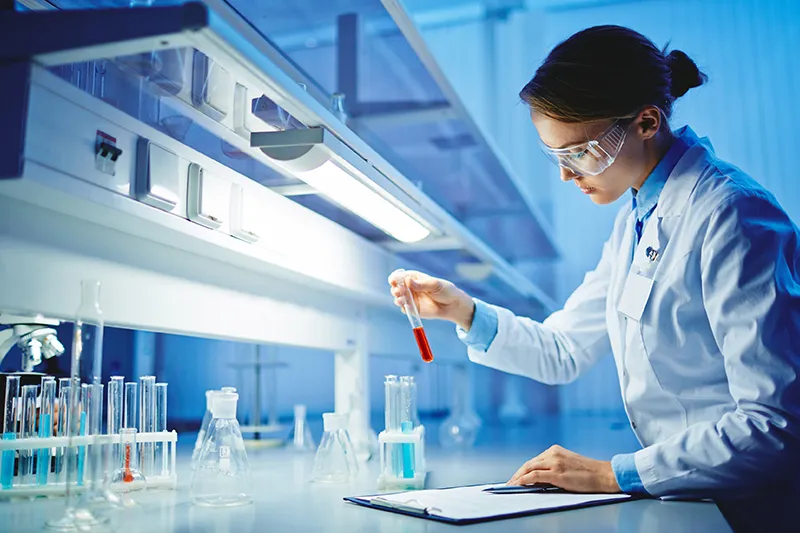
Important Topics for Biochemistry in MBBS
The main objectives of teaching biochemistry to undergraduate students are to help them comprehend the molecular foundation of life processes and to guide them toward using their newly learned knowledge to solve clinical issues. Biochemistry is among the pre-clinical subjects included in the first year of the MBBS curriculum. The subject is important in medical sciences as it provides a foundation for understanding the cellular and molecular basis of various physiological processes and disease mechanisms. The study of Biochemistry helps us understand cellular and molecular processes, the basis for molecular biology and genetics, enzyme and their metabolic pathway, drug development, and pharmacology, clinical diagnostics, Immunology and vaccine development, personalized medicine, nutritional sciences, and understanding the latest advancements.
It lays a groundwork for other medical disciplines and is integral to understanding the basis of health and diseases. Biochemistry subject holds great significance as it is a central science that connects various disciplines, providing valuable insights into molecular and chemical processes. It provides valuable insights into the molecular and chemical processes that govern life, making it an indispensable subject in modern scientific research ad application.
MBBS Prof Exam Pattern
From the 2019 batch onwards, the Biochemistry prof exam comprises two theory papers of 100 marks each and a practical examination of 100 marks. The theory exam consists of short answer questions, long answer questions, and application and case-based questions. The practical examination includes practical/clinical and viva.
Recommended books for Biochemistry include U. Satyanarayana & U. Chakrapani’s Biochemistry, Self-Assessment and Review of Biochemistry, Lippincott Illustrated Reviews: Biochemistry, and Harper’s Illustrated Biochemistry.
Subject Weightage in NEET-PG and INI-CET
The Biochemistry subject in NEET-PG carries a weightage of about 10-15 questions whereas the INI-CET exam carries a weightage of around 10 questions. The ideal way of preparing for the NEET-PG and other competitive examinations is to plan a preparation strategy that balances between low and high-weightage modules and subjects.
Important and High-yielding Topics of Biochemistry for MBBS Prof Exams, NEET-PG, and INI-CET Entrance Examination
Enzyme
Classification
Enzymes
Effect of pH on enzyme
Markers enzymes and their significance
Allosteric enzymes
Isoenzymes
Ubiquitin proteasome pathway
Chemistry and Metabolism of Carbohydrates
Gluconeogenesis
Isomerism in carbohydrates
Glycogen and Glycogen Storage Diseases
RL Shunt
ETC Uncouplers
Oral glucose tolerance test
Chemistry and Metabolism of Lipids
Cholesterol
Mechanism of action of steroid hormone
Lipoproteins
Sphingolipids and Diseases
Beta oxidation of fatty acids
Biosynthesis of adrenal corticosteroids
Chemistry and Metabolism of Proteins
Protein structure
Oxygen saturation curve of Hb
Protein biosynthesis and inhibitors in Prokaryotes
Metabolism of Tyrosine & Tryptophan
Amino acid classification
Purine synthesis inhibitors
Urea cycle
Metabolism and Homeostasis
Biochemical significance of Vit. K
Acute intermittent porphyria
Lesch Nyhan syndrome
Jaundice
Molecular Biology
Recombinant DNA Technology
DNA fingerprinting
Genetic Code
DNA: Structure & Replication
DNA Damage & Repair Mechanism
Transcription and Translation
PCR types and applications
Gene regulation
Lac operon model
Types of RNA
Epigenetics & Genomic Imprinting
Marfan’s syndrome
Sickle cell anemia
Nutrition
Protein-energy malnutrition
Extracellular Matrix
Protein Targeting
Oncogenesis and Immunity
Tumor marker
Methotrexate drug
Oncogenes and protooncogenes
Onco-suppressor genes
Use of stem cells in medicine
Function Tests
Liver function tests
Kidney function tests
Thyroid function tests
Biochemical Laboratory Tests
Protein electrophoresis
ELISA
Southern blotting technique
Miscellaneous Topics
Aspirin
Diabetes Mellitus
Alkaptonuria
Cytochrome p450
Ketone bodies
Chemiosmotic theory of ATP generation
Ammonia Toxicity
Homocysteinemia
Immunoglobulins
Cell cycle regulation
Hybridoma technology
Fuel for body in fed, fasting & starvation
Types of vaccines
Type IV sensitivity
Glycemic index
Iron absorption and regulation
Hypersensitivity and types
Molecular basis of antibody diversity
Cell-mediated immune response
Hormone action
Biochemical basis of HIV
BMI
Other Important Topics of Biochemistry for MBBS Prof Exams
Briefly Discuss:
- Role of glutathione in xenobiotics metabolism
- Role of myoglobin in the body
- Role of creatine in muscle
- Phase 1 and Phase 2 reactions in Biotransformation
- Inborn errors of aromatic acid metabolism
- Diabetes and early cataract
- Cholesterol biosynthesis and regulation
- Role of vitamin D in calcium homeostasis
- Transamination and oxidative deamination
- Carboxylation and oxidative decarboxylation
- Biochemical changes during starvation
- Significance of pentose phosphate pathway
- Role of selenium in the human system
- Mechanism of action of peptide hormone
- Purine catabolism and disease in the pathway
- Role of vitamin D in calcium homeostasis
- Role of clearance test in the diagnosis
- Function of MHC protein 1 and 2 and role in organ transplant
- Competitive and Non-competitive enzyme inhibition
Diagram/Flowcharts
- DNA Structure
- Protein Structure
- Haemoglobin and O2 dissociation curve
- Collagen structure
- Fluid mosaic model
- PCR flowchart and applications
- Structure of immunoglobin
Frequently Asked Questions (FAQs):
Q1. What are the important topics of Biochemistry in MBBS?
Ans. The important topics for Biochemistry include DNA Structure, Gene regulation, Lac operon model, Types of RNA, Gluconeogenesis, Isomerism in carbohydrates, Lesch Nyhan syndrome, Glycogen and Glycogen Storage Diseases, Immunoglobins, Lipoproteins, Sphingolipids and Diseases, Protein-energy malnutrition, Protein Targeting, Collagen structure, Beta oxidation of fatty acids, Markers enzymes and their significance, Allosteric enzymes, Onco-suppressor genes, Liver function tests, Kidney function tests, Amino acid classification
Purine synthesis inhibitors, Thyroid function tests, and more.
Q2. Is Biochemistry subject important subject for NEET-PG?
Ans. Yes, every MBBS subject holds its significance in the NEET-PG exam. The Biochemistry subject in NEET-PG carries a weightage of about 10-15 questions.
Q3. Which are the recommended books of Biochemistry for MBBS students?
Ans. The recommended books for Biochemistry include U. Satyanarayana & U. Chakrapani’s Biochemistry, Self-Assessment and Review of Biochemistry, Lippincott Illustrated Reviews: Biochemistry, and Harper’s Illustrated Biochemistry.
Q4. What are the core topics of Biochemistry in MBBS?
Ans. The core topics of Biochemistry includes Enzymes, Function tests, Chemistry and Metabolism of Carbohydrates, Lipids, & Proteins, Nucleotides and Nucleosides, Biochemical Pathway, Molecular Biology, Oncology, Immunity, Nutrition, and Metabolism.
Q5. Is Biochemistry hard in MBBS?
Ans. Biochemistry is pretty fascinating to read and understand whereas quite a hard subject to learn and memorize however, not all the modules and topics are difficult. The subject if studied in an interdisciplinary and step-by-step manner will make the concepts easy to understand and memorize.
Click here to know the important topics of Anatomy in MBBS.
Click here to know the important topics of Physiology in MBBS.
Related post
